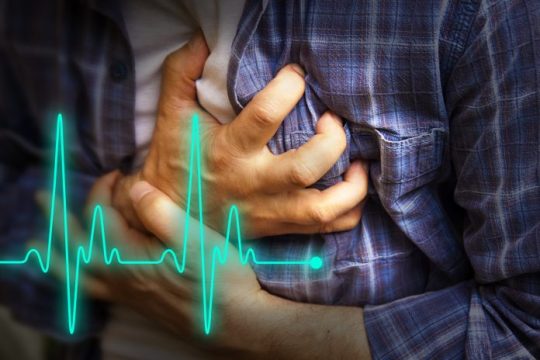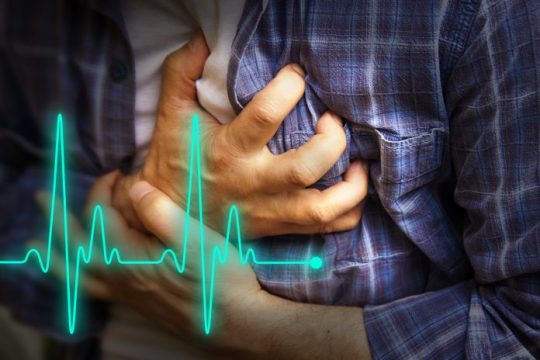Don't wanna be here? Send us removal request.
Text
HEART ATTACK

Heart Attack symptoms
The side effects of a respiratory failure can change, and they may not be serious or promptly conspicuous all the time. Normal signs and side effects of a coronary failure include:
Chest Torment or Inconvenience: This is the most widely recognized side effect. The aggravation might feel like tension, totality, crushing, or agony in the focal point of the chest. It can keep going for a couple of moments or come and go.
Agony or Uneasiness in Other Chest area Regions: Torment or distress might emanate to the arms (usually the left arm yet can likewise influence the right arm), back, neck, jaw, or stomach.
Windedness: Feeling short of breath or experiencing issues breathing can be an indication of a respiratory failure.
Cold Sweats: Plentiful perspiring, particularly when joined by different side effects, may demonstrate a coronary episode.
Queasiness or Spewing: Certain individuals might encounter sickness or regurgitating during a coronary episode.
Discombobulation or Dizziness: Feeling bleary eyed or tipsy can be a side effect, in spite of the fact that it is more considered normal in ladies.
Exhaustion: Unexplained weariness, shortcoming, or an unexpected sensation of outrageous sleepiness can be an admonition sign.
It's vital to take note that not every person encountering a coronary episode will have these side effects, and side effects can change between people. Also, ladies and more seasoned grown-ups may now and again have abnormal side effects, like weakness, windedness, or stomach uneasiness, instead of the exemplary chest torment.
0 notes
Text
KNOW THE SIGNS OF A HEART ATTACK

Although the NHS states that it's never too early to call 999, the early symptoms can vary.
In England, heart attacks result in about 80,000 hospital hospitalizations annually, yet at least 70% of patients survive them. About 9 out of 10 (94%) of those who visit the hospital and obtain the necessary care are included in this percentage.
But one of the most well-known signs of a heart attack is tightness in the chest. It's possible to ignore additional symptoms like dyspnea, lightheadedness or dizziness, nausea, or a strong sense of unease.
In addition to other symptoms like nausea or dizziness, people who are having a heart attack frequently report feeling tight or constricted in the chest or sweating. Professor Nick Linker, a cardiologist and NHS England's National Clinical Director for Heart Disease, explains this. A sense of unease prevailed.
"It's easy to overlook the early warning signs of a heart attack because they don't always seem serious, but the sooner you act and describe your symptoms to 911, the better your chances of making a full recovery."
In a recent NHS England poll, nearly half (44%) of South Asian respondents said they lacked the confidence necessary to identify the warning signs of a heart attack, indicating a lack of awareness within this demographic.
1 note
·
View note